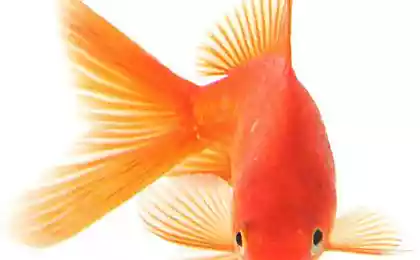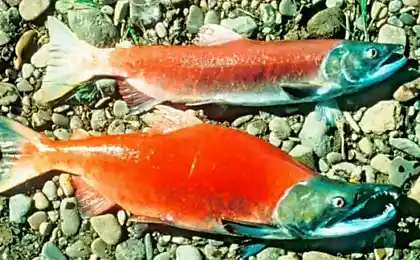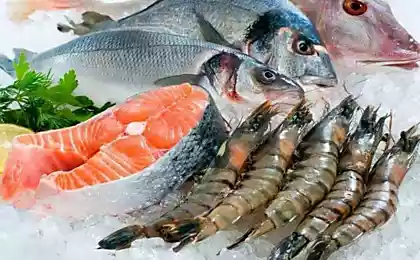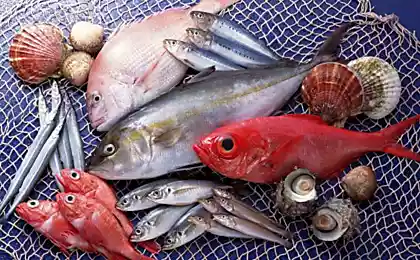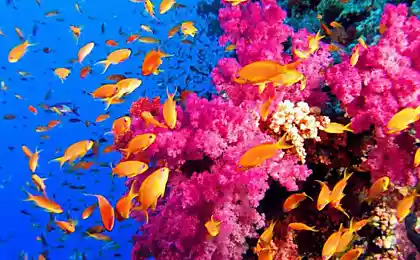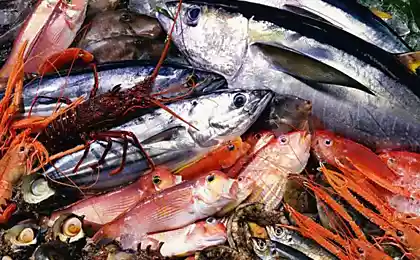500
Climate change will affect fish
The researchers came to the conclusion that global warming could have a significant impact on the sizes of many marine fish species. Warming water can cause the fish will lose up to 24% of her body weight.
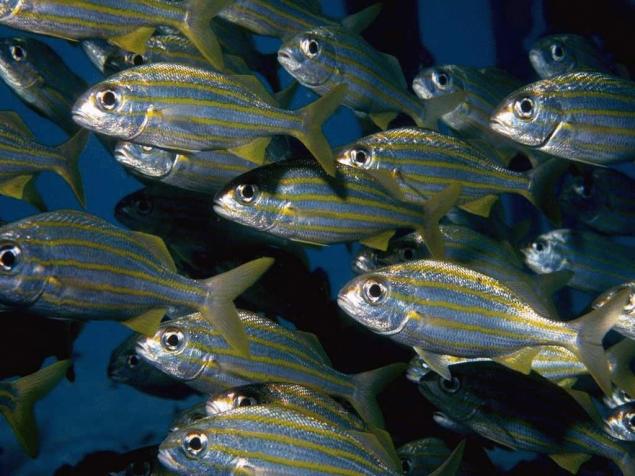
The researchers analyzed how the increase in temperature in the period from 2001 to 2050. affect the growth of more than 600 species of fish, and concluded that oxygen levels in warm waters will decrease, and this in turn will cause a decrease in the body weight of the fish. Scientists claim that unchecked emissions of greenhouse gases in the atmosphere, will have a greater impact on the ecosystem of the seas than previously thought.
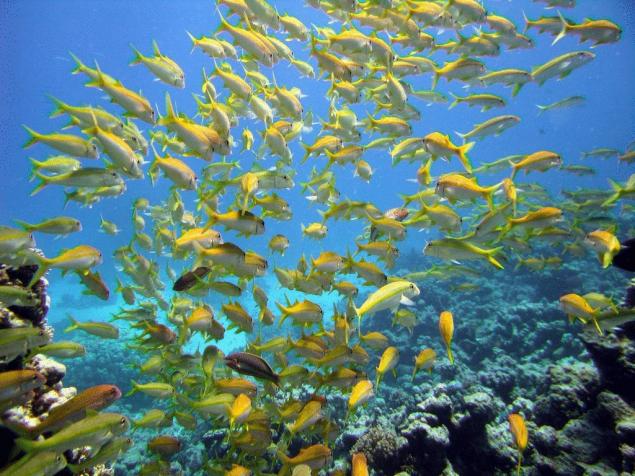
According to previous research, the change in temperature of the oceans should affect the reproductive abilities of some fish and also affect their migration. The new study complements the overall picture, showing the change of weight parameters of fishes. Scientists have studied how fish react to low oxygen content in the water.
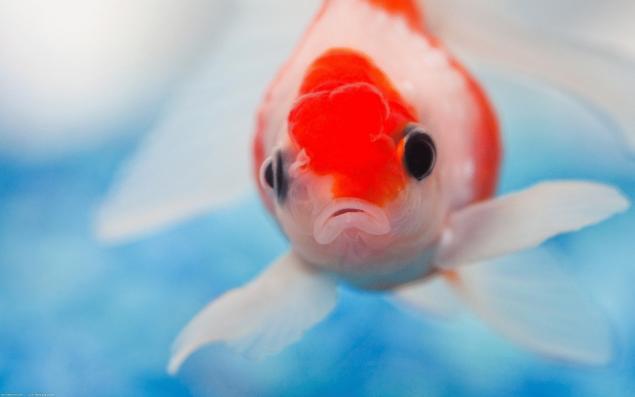
The study says that even a slight change in the temperature at the bottom of the oceans, are "unexpectedly large" for fish. The study's lead author Dr. William Cheung (Dr William Cheung), University of British Columbia (British Columbia), presented the following scenario: "the Rise in temperature increases the rate of metabolism of the fish. Therefore, for normal activities, and simply for the survival of the fish will use more oxygen, but less energy will be spent directly on the growth of the body of the fish."
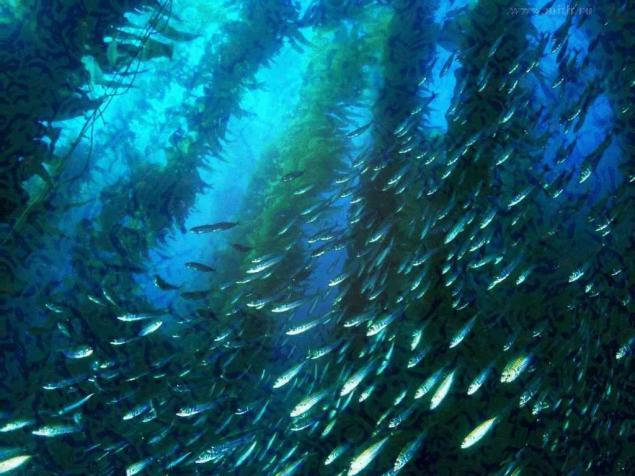
Scientists believe that will suffer the most fish of the Indian and Atlantic oceans. Other researchers claim that warming could have a broader impact. For example, Dr. Barton Allan (Alan Baudron), from the University of Aberdeen (University of Aberdeen, UK) studied changes in growth of fish of the cod family, haddock in the North sea. According to him, the results are sobering.
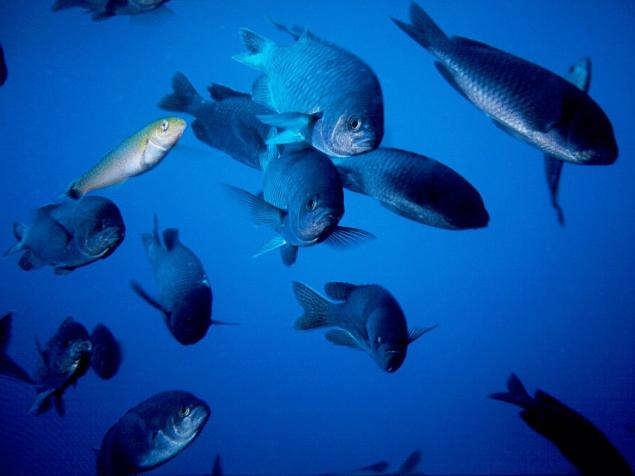
"Our research shows that climate change can lead to a significant reduction in the maximum body weight of fish. We need to monitor more closely the biological response now and in the future."
Source: /users/147

The researchers analyzed how the increase in temperature in the period from 2001 to 2050. affect the growth of more than 600 species of fish, and concluded that oxygen levels in warm waters will decrease, and this in turn will cause a decrease in the body weight of the fish. Scientists claim that unchecked emissions of greenhouse gases in the atmosphere, will have a greater impact on the ecosystem of the seas than previously thought.

According to previous research, the change in temperature of the oceans should affect the reproductive abilities of some fish and also affect their migration. The new study complements the overall picture, showing the change of weight parameters of fishes. Scientists have studied how fish react to low oxygen content in the water.

The study says that even a slight change in the temperature at the bottom of the oceans, are "unexpectedly large" for fish. The study's lead author Dr. William Cheung (Dr William Cheung), University of British Columbia (British Columbia), presented the following scenario: "the Rise in temperature increases the rate of metabolism of the fish. Therefore, for normal activities, and simply for the survival of the fish will use more oxygen, but less energy will be spent directly on the growth of the body of the fish."

Scientists believe that will suffer the most fish of the Indian and Atlantic oceans. Other researchers claim that warming could have a broader impact. For example, Dr. Barton Allan (Alan Baudron), from the University of Aberdeen (University of Aberdeen, UK) studied changes in growth of fish of the cod family, haddock in the North sea. According to him, the results are sobering.

"Our research shows that climate change can lead to a significant reduction in the maximum body weight of fish. We need to monitor more closely the biological response now and in the future."
Source: /users/147
